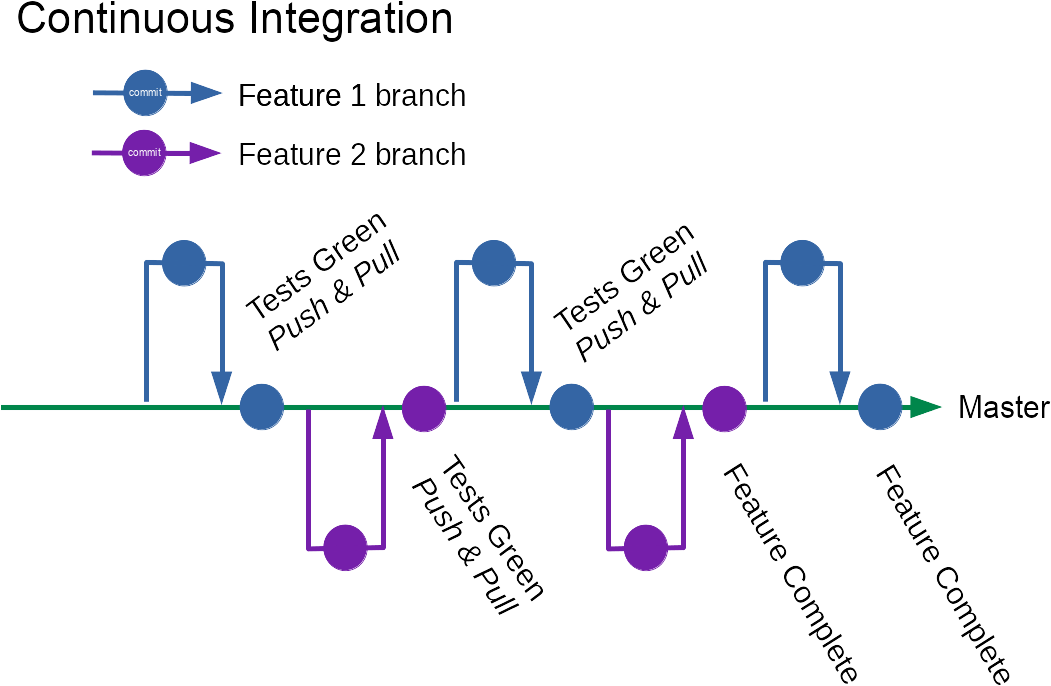
Efficient delivery prevents outsized outcomes—efforts to eliminate wasteful deviations from plans limit teams. At very best they’ll achieve only the outcomes they were able to foresee in advance.

Efficient delivery prevents outsized outcomes—efforts to eliminate wasteful deviations from plans limit teams. At very best they’ll achieve only the outcomes they were able to foresee in advance.

“We got lucky”—it’s one of those phrases I listen out for during post incident or near-miss reviews. It’s an invitation to dig deeper; to understand what led to our luck. Was it pure happenstance? …or have we been doing things that increased or decreased our luck? There’s a saying of apparently disputed origin: “Luck is… Read more »

Here’s some important feedback loops for a team, with feasible delays. I’d consider these delays tolerable by a team doing their best work (in contexts I’ve worked in). Some teams can do better, lots do worse.

When I ask ask people about their approach to continuous integration, I often hear a response like “yes of course, we have CI, we use…”. When I ask people about doing continuous integration I often hear “that wouldn’t work for us…” It seems the practice of continuous integration is still quite extreme. It’s hard, takes… Read more »
Pain is something we generally try to avoid; pain is unpleasant, but it also serves an important purpose. Acute pain can be feedback that we need to avoid doing something harmful to our body, or protect something while it heals. Pain helps us remember the cause of injuries and adapt our behaviour to avoid a… Read more »
This week will be my last at Unruly; I’ll be moving on just shy of nine years from when I joined a very different company at the start of an enthralling journey. Unruly’s grown from around a dozen people when I joined to hundreds, with the tech team growing proportionally. Team growth driven by needs… Read more »
There was a recent discussion on the Extreme Programming mailing list kicked off by Ron Jeffries saying he wants his XP back. The implication being that Extreme Programming is no longer practised, and that most “Agile” organisations are actually practising Flaccid Scrum – some agile process but little of the technical practices from Extreme Programming…. Read more »
One of the more interesting questions that came up at Pipeline Conference was: “How can we mitigate the risk of releasing a change that damages our data?” When we have a database holding data that may be updated and deleted, as well as inserted/queried, then there’s a risk of releasing a change that causes the… Read more »
Alex and I recently gave a talk at Pipeline Conference about our approach of testing in production. With our limited time we focused on things we check in production. Running our acceptance/integration tests, performance tests, and data fuzzing against our production systems. We also prefer doing user acceptance testing and exploratory testing in production. In… Read more »
I have become increasingly convinced that there is little difference between monitoring and testing. Often we can run our automated tests against a production system with only a little effort. We are used to listening to our automated tests for feedback about our software in the form of test-smells. If our tests are complicated, it’s… Read more »